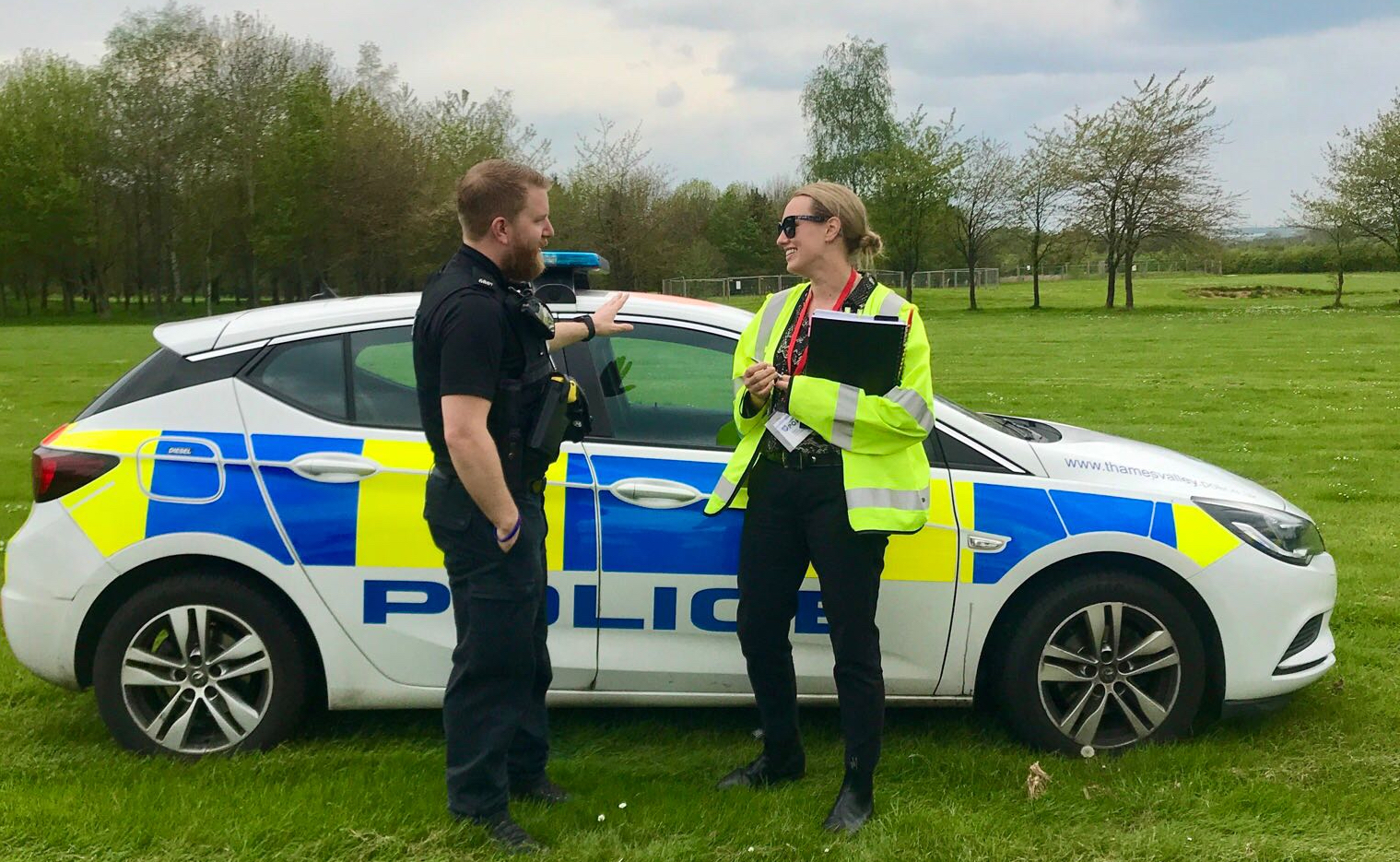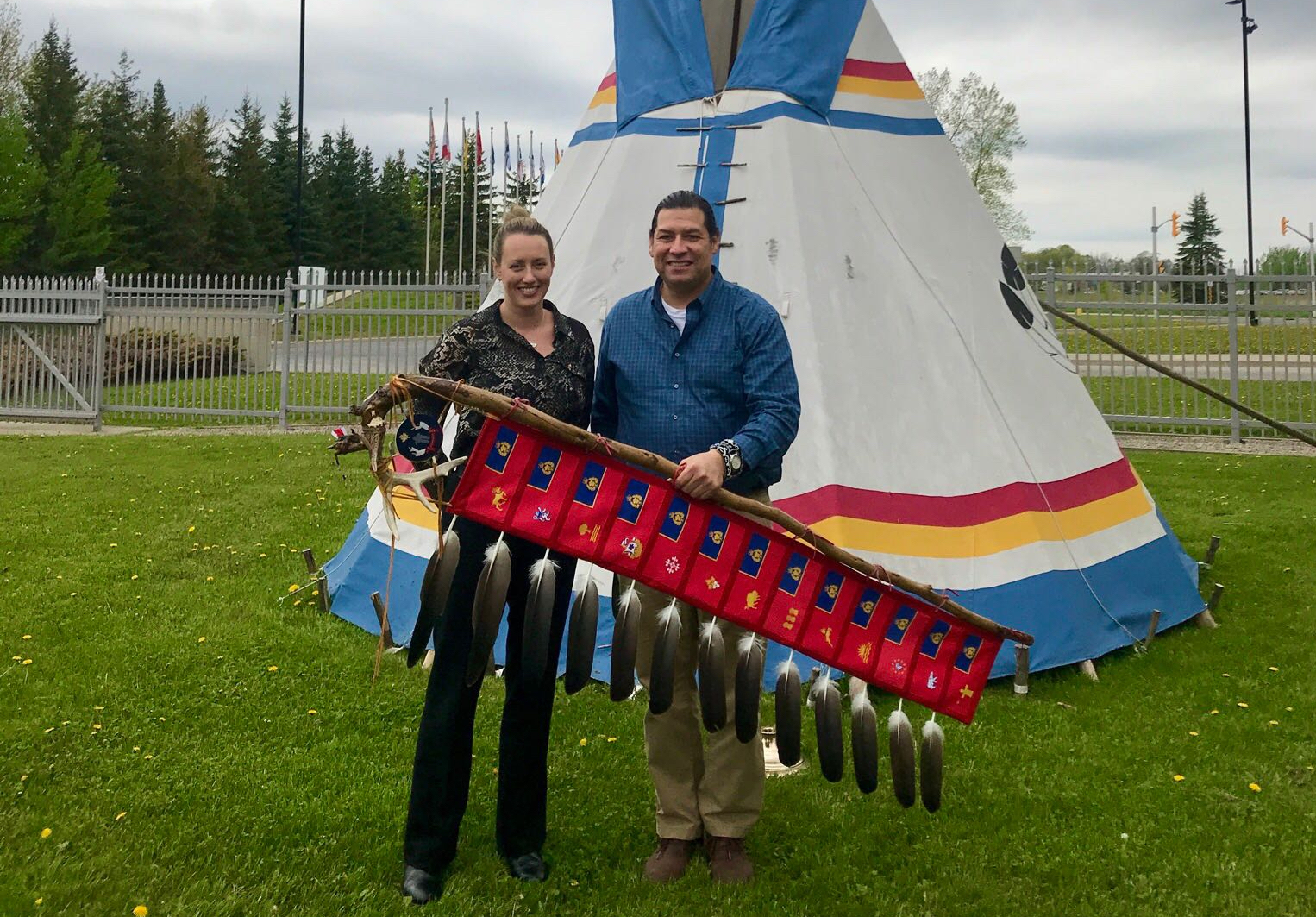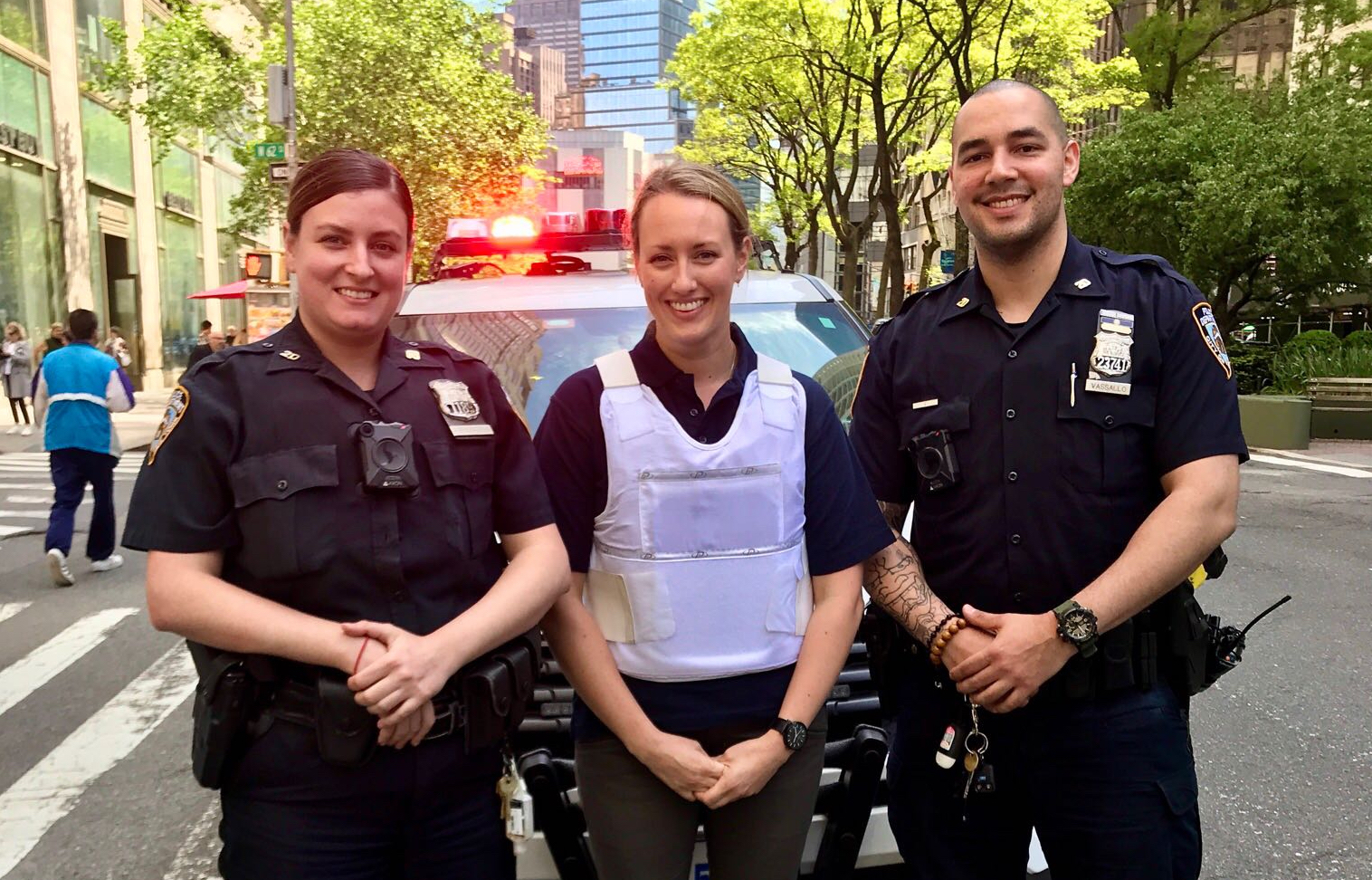Police officer and 2018 Churchill Fellow Courtney Brown, recently returned from the United States, Canada, England and New Zealand, where she researched ways of reducing implicit bias errors in police decision making, particularly during time-sensitive incidents.
“Police officers are entrusted to make rapid decisions that can have profound consequences for the safety and freedom of the communities they serve. However, biases are not always correct, and decisions based on incorrect bias can jeopardise community and police officer safety and compromise criminal investigations,” said Ms Brown.
“Erroneous biases can be extremely damaging, particularly to minority groups and their contact with police. The Australian community deserves a fair and impartial police force that is representative of, and sensitive to, the demographics of the people it serves.”

“The Churchill Fellowship provided me with the opportunity to observe a diverse range of strategies, some of which are already undertaken by Australian law enforcement agencies. I found some of these strategies tend to be siloed between different business areas or are the initiatives of motivated individual officers. Establishing an overarching strategic direction for these initiatives could compound their effect particularly if the implementation is facilitated through a multi-agency plan incorporating subject matter experts from areas including; criminal justice, health, education and social services.

To improve the context in which police make rapid decisions, Ms Brown recommended the following for Australian law enforcement agencies:
- Develop a multi-agency plan.
- Commit to diverse policy and procedure making teams.
- Deliver training that teaches the concepts of implicit bias and the tactics to reduce those biases.
- Develop a strategy to impart an understanding of how the history of past harms affect the present.
- Equip officers with thorough information and adequate technology.
- Provide police officers the opportunity for prosocial interaction with outgroup members to build public trust and legitimacy.
You can read more in Courtney’s Fellowship Report via https://www.churchilltrust.com.au/fellow/courtney-brown-act-2018/
Further information:
Courtney Brown | [email protected]
